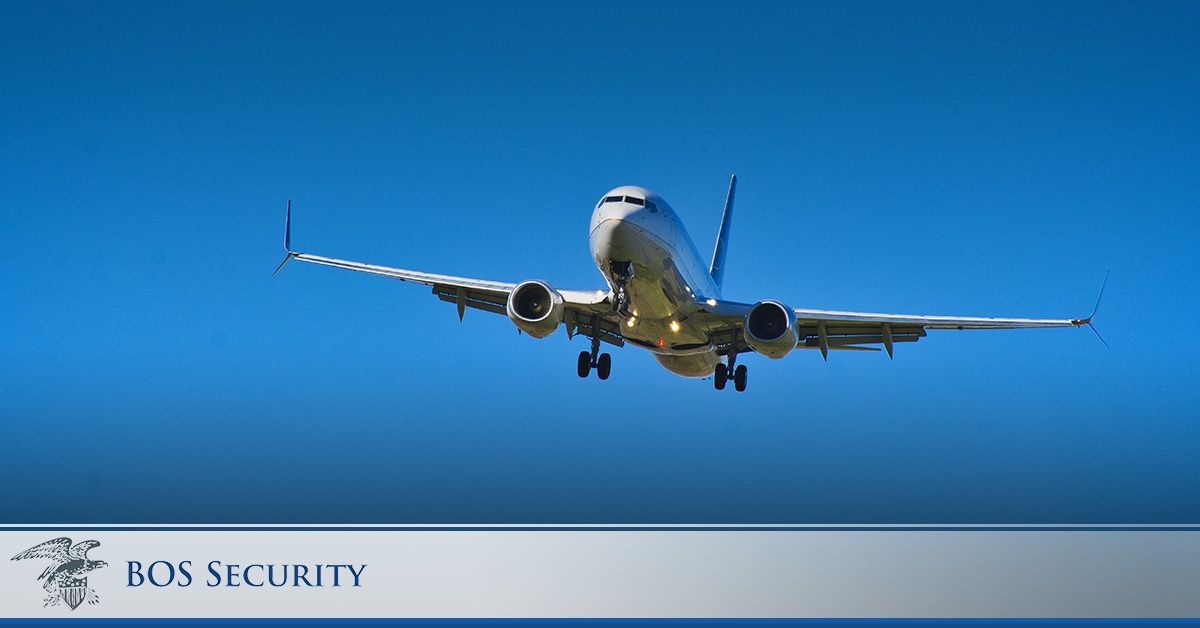Are you considering a career in airport security but unsure what to expect? Are you wondering what the job entails in the age of COVID-19? It’s understandable that you would have questions. Airport security has always been a position of trust with a heavy burden of responsibility for the travelers who depend on you to get to their location safely and the airport, airlines, and agencies who count on you to be their eyes and ears.
How does COVID-19 impact TSA jobs?
You will have to balance traditional screening regulations and best practices with new rules that have sprung up around coronavirus spread protocols. You may need to remind travelers to:
- Maintain a six feet social distance
- Correctly wear a face mask, although you may need to ask them to remove it to confirm the identity
- Use hand sanitizer before and after screening
- Be patient if staffing levels are low
- Remember that lines may look longer than they are because of social distancing
Security Checkpoints
Your number one job as a TSA worker is security, but you must also be mindful of your health and safety and that of your coworkers and the public you serve. Follow the guidance provided to you by your managers. They will know how you can best carry out your duties in good faith while conforming with the guidance of the CDC, and other relevant government agencies.
Signage
When you begin your shift, check to be sure all safety instruction signage is in place. Remember that lines are more spread out, so you may need to re-think the most effective placement. If you notice any wipe or hand-sanitizer stations running low, alert the appropriate people. It may not be part of your job description, but it can help keep you and your travelers healthy.
Checkpoint Barriers
Wherever possible, acrylic barriers will be installed to minimize contact between TSA officers and passengers as much as possible. Travelers will be asked to place their boarding passes on the document scanner rather than handing it to you directly.
Personal Protective Equipment
As a TSA officer, you will be required to wear a face mask and gloves. Eye protection and clear plastic face shields are optional and are provided. Be sure to have an adequate supply of gloves so you can change them frequently, including after each pat-down and upon passenger request. You will also be asked to disinfect your area frequently and change Explosives Trace Detection swabs after each use.
Hand Sanitizer
Be aware that there is a temporary exemption from the 3-1-1 liquids rule for hand sanitizer. One oversized container up to 12 ounces per passenger is permitted in carry-on bags. You will need to screen them separately from other liquids, gels, and aerosols.
Patience
As an experienced TSA agent, you know that people can be nervous when they travel leading to errors, short-tempers, and behavior that can be construed as suspicious. Fear of contracting COVID-19 add another layer of trepidation to those existing concerns. Be vigilant, but calm and make it your goal to keep people comfortable and confident as they move through the airport.
Interested in a TSA job?
Contact the recruiting team at BOS Security. We’ll be happy to discuss the requirements for the position with you and help you find the right security job for you. Search our TSA jobs today!

